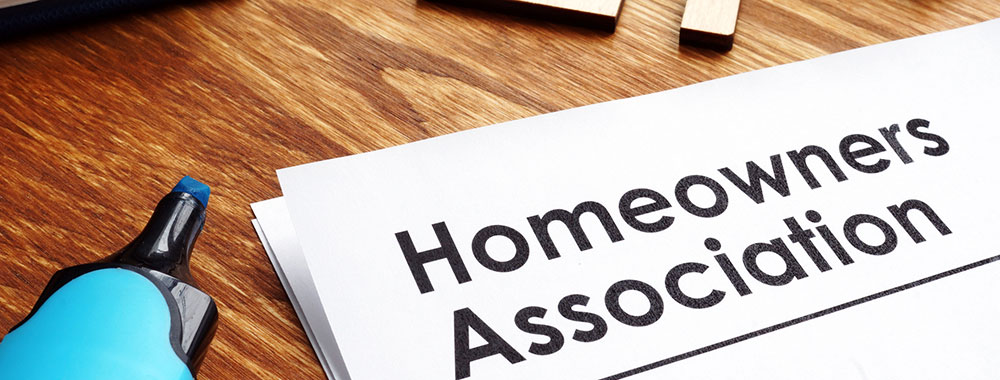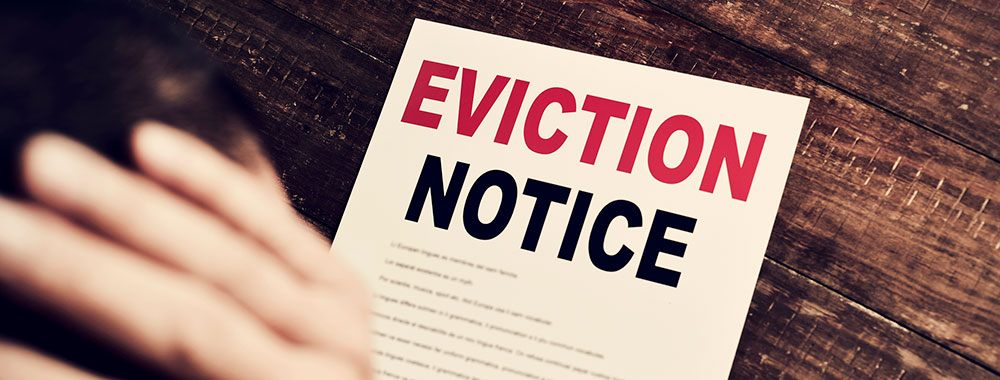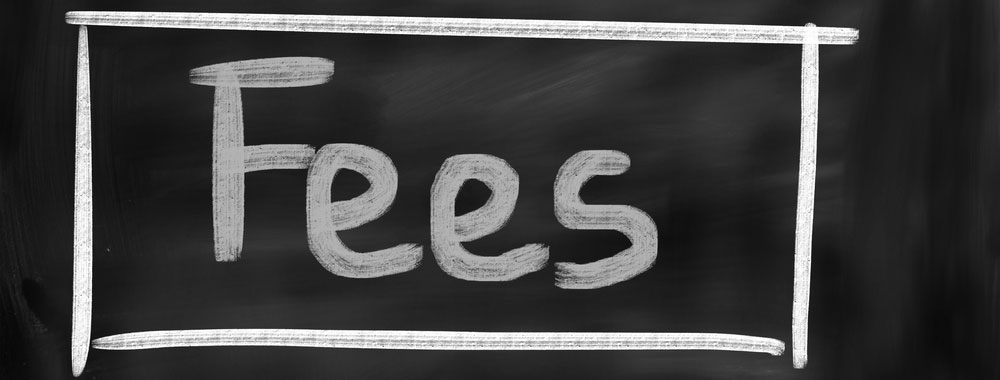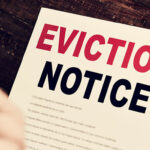COVID-19 Related and General Association Powers
July 13, 2020
Updated: November 25, 2020
Chapters 718, 719, and 720 of the Florida Statutes grant the Board of Directors of Florida association communities a plethora of powers for the purpose of governing the affairs of the community. The governing documents of any particular association also expand on and specify such powers as Florida law permits. Thus, to truly understand what the Board may do in response to the COVID-19 pandemic requires a careful review of multiple sources of applicable law and contracts, including, any relevant statutes and pertinent provisions in the association’s governing documents. The recent declaration of a state of emergency in Florida due to COVID-19 added a novel and opaque layer of questions to what a Board may do to protect its community from the spread of the virus. To begin the journey through the questions, let us start with the black and white statutes that grant emergency powers to Boards in response to declared states of emergency.
Sections 718.1265 (1), Fla. Stat. (Condominium Associations), 719.128 (1), Fla. Stat. (Cooperative Associations), and 720.316 (1), Fla. Stat. (Homeowners Associations) grant specific emergency powers “in response to damage caused by an event for which a state of emergency is declared pursuant to s. 252.36” in the locale in which the association is located. Each statute lists the applicable emergency powers in detail, and limits a Board’s exercise of such powers to the time during which it is reasonably necessary to protect the health, safety, and welfare of the association, unit owners, and unit owners’ family members, tenants, guests, agents, or invitees, and to measures reasonably necessary to mitigate further damage and to make emergency repairs. In the context of COVID-19, the second limitation is likely amended to apply to measures that are reasonably necessary to protect the health, safety, and welfare of the association community. This interpretation comes from Emergency Order 2020-04, which the Department of Business and Professional Regulation (DBPR) issued on March 27, 2020. Paragraphs 1-3 of Emergency Order 2020-04 suspends the limiting language in Sections 718.1265 (1), 719.128 (1), and 720.316 (1), Florida Statutes, which states that the emergency powers during a declared state of emergency are conditioned upon a “response to damage caused by an event.” Specified emergency powers were instead made available “to help protect the health, safety, and welfare of the association, unit owners, unit owners’ family members, tenants, guests, agents, or invitees.” Accordingly, the DBPR effectively broadened the scope of associations’ emergency powers to ensure they could be exercised in response to the peculiarities of COVID-19.
Likely recognizing the delicate economic constraints of unit owners, the DBPR did not release associations to exercise all emergency powers in response to COVID-19.[i] Notably omitted for condominium and cooperative associations is a Board’s emergency power to contract on behalf of a unit owner for items or services for which the owners are otherwise individually responsible, but which are necessary to prevent further damages to the condominium property, and the attachment of lien rights to the actual cost of the items or services to enable recovery from the owner.[ii] For condominiums, cooperatives and homeowners’ associations alike, Boards are not permitted to levy special assessments without a vote of the owners, and cannot without owners’ approval borrow money or pledge association assets as collateral to fund emergency repairs and carry out the duties of the association when operating funds are insufficient.[iii] With these powers unavailable to association Boards, owners could generally rely on the governing documents and applicable statutes to guide them on how their association may leverage owners’ funds to assist in the upkeep of the association during the pandemic.
Fast forward to May 20, 2020, the date on which the DBPR issued Emergency Order 2020-06 and withdrew the extended powers granted to condominium, cooperative and homeowners association Boards, effective June 1, 2020, to exercise their emergency powers “to help protect the health, safety, and welfare of the association, unit owners,” etc. Can an association still exercise any emergency powers, or prevent access to the common areas? The general consensus is that associations may no longer exercise their statutory emergency powers in response to COVID-19. However, any emergency plan that a Board approved prior to June 1, 2020, in response to COVID-19, such as stages to reopen the community, may still be valid. In addition, any powers that the governing documents grant the Board to regulate the use of common areas are not necessarily dependent upon the statutory emergency powers, and may be used to reasonably and uniformly limit access to the common areas. For example, if a declaration of condominium generally permits the Board to regulate the use of the common areas in the rules and regulations, that Board could shorten the hours of operation of the common areas, require owners to sign-up prior to use of the common areas, require that owners wear masks while in the common area, or limit the capacity of the common areas.
Can an association do anything to enforce the new regulations governing the common areas? Generally, yes. Condominium and cooperative association Boards may file an arbitration proceeding against an owner to compel compliance, and include a request for preliminary injunctive relief to obtain an order that the owner temporarily stop whatever action the association is challenging.[iv] A Board of a homeowners association may request that an owner participate in pre-suit mediation in an attempt to resolve the issue, and may file a lawsuit against the owner if mediation is not successful. Likewise, an owner has similar remedies to challenge the Board’s authority to require that the owner comply with a new regulation. Regardless of the type of association, because the DBPR has arguably revoked use of the emergency powers in response to COVID-19, the question will be whether the governing documents or an applicable statute allows the Board to implement a particular regulation and to require that owners abide by such regulation.
A search of the DBPR Division of Florida Condominiums, Timeshares, and Mobile Homes case law does not show any recently litigated or pending cases that elucidate the scope of an association’s powers in the wake of COVID-19, nor do cases heard by the Florida District Courts of Appeal. Perhaps it is only a matter of time, or maybe owners are choosing the conservative and more economical route of complying with Board regulations. Either way, a Board must still adhere to normal Board meeting notice and voting requirements prior to implementing any new regulations, which is something associations and owners should look out for. At this stage in the pandemic, we are back to square one in looking to applicable statutes and the governing documents to determine the Board’s powers. A diligent review of both may go a long way to knowing what the association may or may not do.
[i] DBPR Emergency Order 2020-04.
[ii] §§ 718.1265 (1)(k); 719.128 (1)(k), Fla. Stat. (2019).
[iii] §§ 718.1265 (1)(m); 719.128 (1)(m); 720.316 (1)(k), Fla. Stat. (2019).
[iv] §§ 718.1255; 719.1255, Fla. Stat. (2019).







